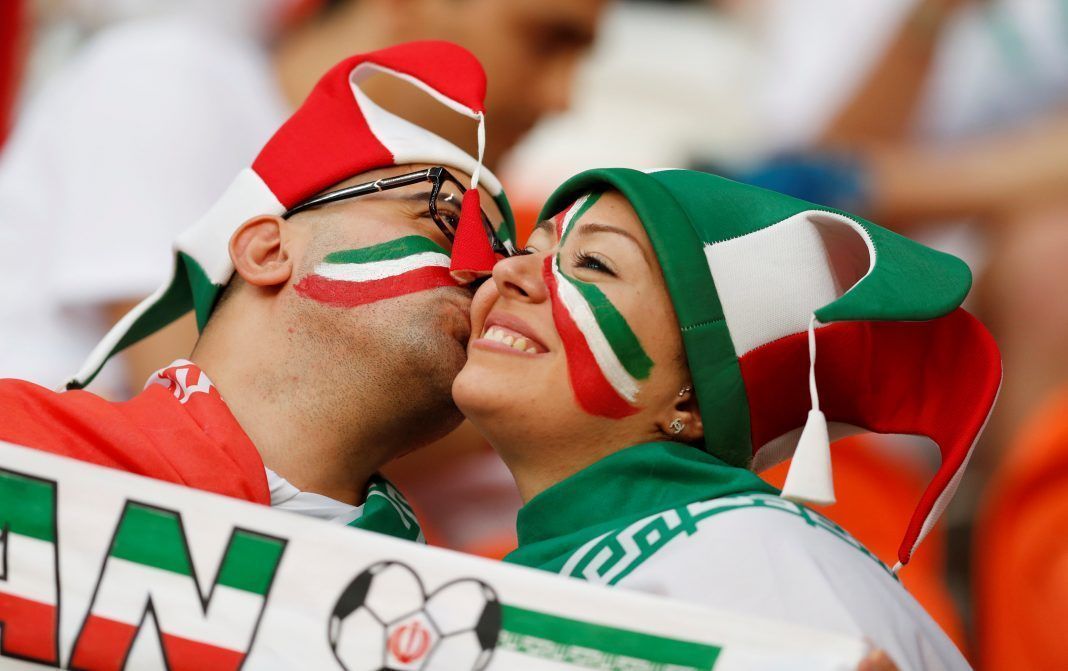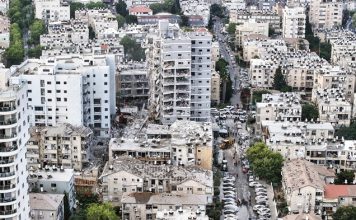By Kayhan Life Staff
The COVID-19 pandemic has delayed discussions with the International Federation of Football (FIFA) on the draft version of the Islamic Republic of Iran Football Federation’s (FFIRI) revised charter, Ahmad Reza Barati, the director of FFIRI’s legal committee, has said.
Mr. Barati made the comments in a statement posted on the FFIRI’s official website.
“Naturally, we could not hold any face-to-face meetings because of the coronavirus pandemic,” Barati said. “We have discussed the matter through video conferencing, emails, and letters. That is the only way we can discuss the revisions. FIFA, the FFIRI, and the Asian Football Confederation (AFC) have exchanged many letters, which is part of the normal process.”
“The [FFIRI] board of directors knows the entire charter and has oversight over the revisions,” Barati noted. “The [FFIRI] council is the highest decision-making body in the federation. It will make the final ruling on the charter. Nothing will be ratified without the council members’ approval. However, council members must adhere to the articles of the charter.”
“Under the FFIRI’s rules and regulations, council members must receive copies of the [revised] charter 21 days before their next official meeting,” Barati explained. “The council has given valuable feedback which the FFIRI has incorporated in the proposed revised version of the charter.”
“There is no truth in reports we sought FIFA’s approval of the revised version of the charter before sharing it with the council,” Barati noted. “The revised version does not have to be approved by FIFA. The AFC and FIFA review the draft version to ensure that it adheres to FIFA’s rules and guidelines. Once they have determined that the draft version meets all the criteria, it is forwarded to the council for further review. The council will have the final say.”
“The revised draft will have to go through the international legal channels and protocols. The council has elected the board of directors, which has oversight of various committees, departments, and the FFIRI,” Barati explained. “Under the articles of the charter, the council has the authority to monitor the operation of the FFIRI.”
“Fortunately, there are no issues with most of the articles in the charter,” Barati said. “FIFA and the FFIRI disagree on the legal description of the federation. Under Article-1 of the charter, the FFIRI is a non-governmental public institution, but FIFA is not satisfied with that description. That is the source of the disagreement between FIFA and FFIRI.”
“The FFIRI is not a government agency, obviously,” Barati noted. “To describe it as a private organization would violate domestic rules and regulations. We must explain to FIFA that under the Iranian conventions, federations and public institutions are non-governmental entities. Trying to classify the FFIRI differently would go against national principles.”
“We aim to resolve these issues through our discussions,” Barati added. “It is natural that FIFA and the AFC, which are the most important football organizations in the world and Asia, are concerned about FFIRI’s charter. We understand that completely. They also know that each country has its laws. We hope to resolve these issues in such a way as to protect Iranian football and our country’s interests.”
This article was translated and adapted from Persian by Fardine Hamidi.








